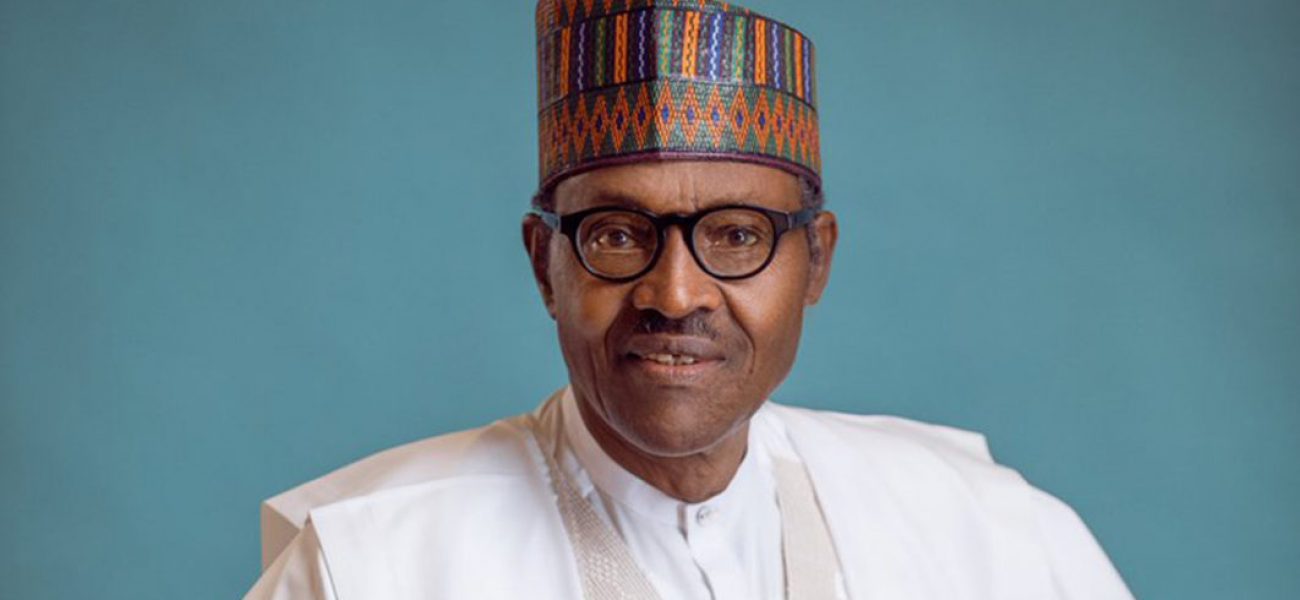President Muhammadu Buhari presented the 2022 Nigeria Appropriation Bill to a joint session of the National Assembly on Thursday, 7th October. The budget which has the theme, “Budget of Economic Growth and Sustainability” faces criticisms for its huge borrowing component. In his address, the President noted that allocations to ministries, departments and agencies (MDAs) of government were informed by the objectives of the National Development Plan 2021 to 2025, which include:
- Diversifying the economy, with robust MSME growth;
- Investing in critical infrastructure;
- Strengthening security and ensuring good governance;
- Enabling a vibrant, educated and healthy populace;
- Reducing poverty; and
- Minimizing regional, economic and social disparities.
The President stated that the budget is the first in the nation’s history, in which MDAs have been advised on gender-responsive budgeting as part of the Federal Government’s efforts towards even resource distribution, to reach vulnerable groups in the society. He further stated that defence and internal security will remain the government’s top priority and to that end, will ensure that security agents are well equipped, remunerated and well-motivated.
The budget proposes a total expenditure of N16,391,023,917,692 for the year ending 31st December 2022. With projected revenue at N10,132,457,121,661, this leaves a deficit of N6,258,566,796,031.
A broad breakdown of the budget sum is as follows:
Revenue (N10,132,457,121,661)
Oil Revenue – N3.16 trillion
Non-oil Revenue – N2.13 trillion
Independent Revenue – N1,816,217,091,075
Grants and Donor Funding – N63,376,918,168
Expenditure (N16,391,023,917,692)
- Statutory Transfers – N768,276,616,043
- Debt Service/Sinking Fund – N3,901,952,981,550 (Domestic debts – N2,506,075,200,107 and Foreign debts -N1,103,165,988,308, Sinking Fund – 292,711,793,135)
- Recurrent (non-debt) Expenditure – N6,829,015,483,446
- Capital Expenditure – N4,891,778,836,654
The parametres for the budget as contained in the 2022-2024 Medium Term Expenditure Framework and Fiscal Strategy Paper (MTEF/FSP) are as follows:
- Benchmark Oil Price of $57/barrel
- Oil production rate of 1.88 million barrels per day
- Exchange rate of N410.15/$
- Gross Domestic Product (GDP) growth projected at 4.2% and inflation rate at 13%
The allocations (total of recurrent and capital expenditures) for key ministries such as the Federal Ministry of Education and the Federal Ministry of Health stand at N875,925,404,037 and N711,282,402,983, respectively. Also, the Ministry of Works and Housing is expected to receive a total of N481,964,861,868, while the Defence Ministry’s allocation is N1,140,797,073,576. The National Assembly budget line stands at N134 billion while that of the Presidency is N150,590,609,934.
Nigerians and economic watchers have questioned how the government intends to fund the budget. In her budget breakdown, the Minister of Finance, Zainab Ahmed disclosed that the budget will be partly funded by loans, adding that Nigeria’s borrowings (23% of its GDP as at July 2021) are still within acceptable limits. Other criticisms of the budget include the uncertainty surrounding the value of the Naira and huge oil subsidy issue. All of these raise questions about the sustainability and effectiveness of the 2022 budget.
Following the presentation of the budget figures, President Buhari informed legislators that a Finance Bill 2022, which is partly geared towards supporting the realisation of fiscal projections would be transmitted to the National Assembly upon completion of drafting, to be considered alongside the 2022 Appropriation Bill.
To view more detailed breakdown of the budget, click here: http://placng.org/i/wp-content/uploads/2021/10/Appropriation-Bill-2022.pdf

